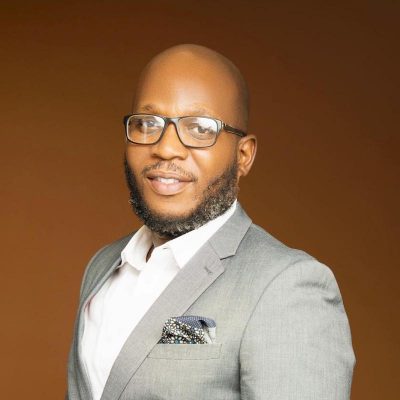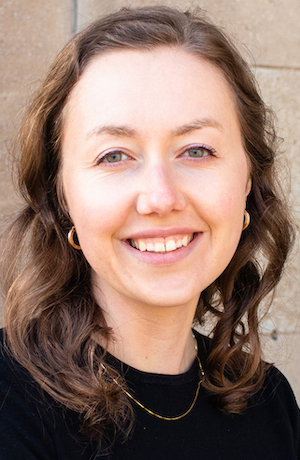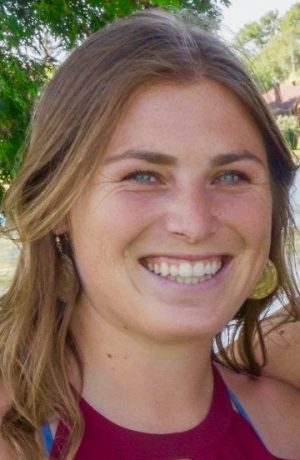Shani Eribo Receives "2023 MPNL Social Innovation Fellowship Award"

Shaninomi Eribo, a graduate student in the MPNL program, has received a “2023 MPNL Social Innovation Fellowship Award,” which is awarded to students involved with a project in the not-for-profit sector through the Carleton Centre for Community Innovation, at Carleton University. Supervised by Professor Tessa Hebb, at the Centre, Eribo’s project focuses on how the community-foundation corporate structure enables Canadian credit unions to overcome barriers to social innovation, achieve capacity utilization, and enhance social impact. Eribo presented a paper on his research findings at the ANSER ARES Congress 2023, at York University.
“A tension that was revealed through the interviews for the study is that reconciling the core mission of credit unions in providing financial services to their members, with the desire to meet the increasing socio-economic needs of the wider communities where they operate, may pull credit unions in opposing directions, making it difficult to satisfy the interests of different stakeholder groups. This tension is graphically illustrated through the introduction of a Credit Union-Community Foundation (CU-CF) Social Innovation Conceptual Model which illustrates the observed phenomenon that credit unions are generally operating along a spectrum with no foundations on one end, hybrid arrangements in the middle, and standalone community foundations at the other end.” –Shaninomi Eribo
Emma Wood and Kira McDermid also receive the award


MPNL students Kira McDermid and Emma Wood also receive a “2023 MPNL Social Innovation Fellowship Award.” They research how to start a nonprofit in Canada, as well as everything that a new nonprofit needs to consider and complete in the first year of operation. Their goal is to produce a guidebook to help new nonprofits begin their journey in the sector. Read about their research here.
The “2023 MPNL Social Innovation Fellowship Award” (also known as the “Dr. Tessa Hebb Graduate Award in Social Innovation”) was endowed in 2009 by a philanthropic gift to further Carleton’s development of thought leaders, educators, and professionals in the nonprofit sector. Preference is given to students who are pursuing research in civil society and whose work may enhance program or process innovation and capacity building in the nonprofit sector.